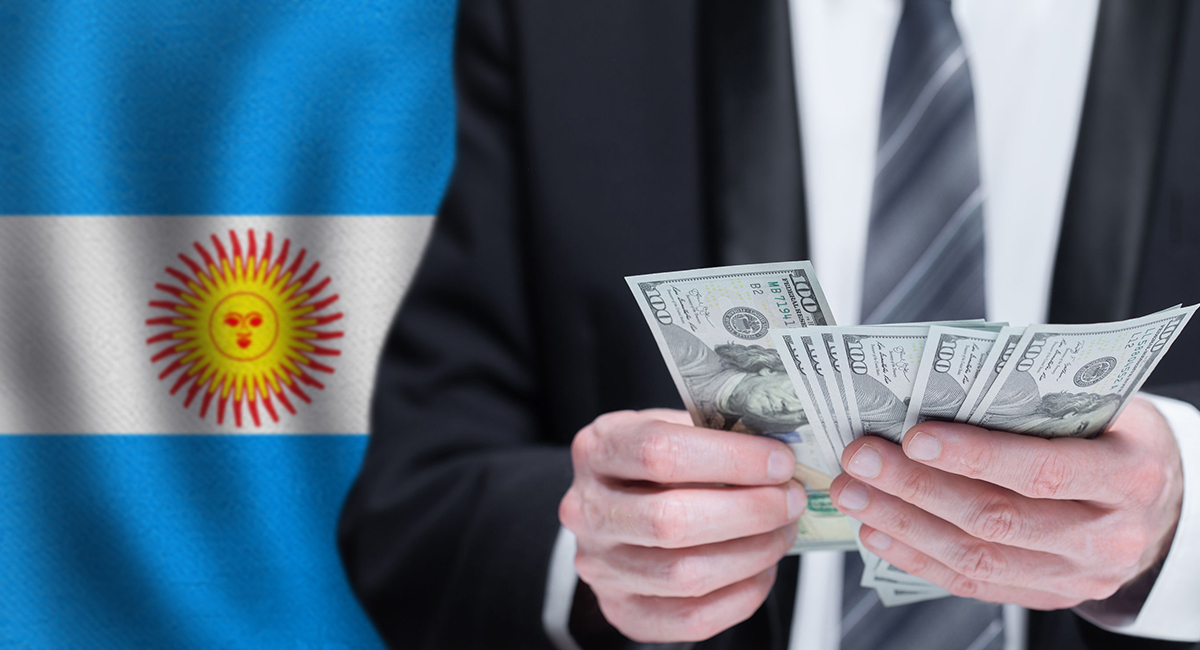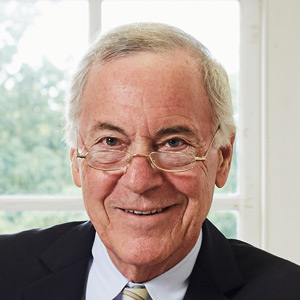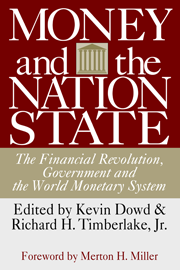With Argentina facing the third-highest inflation rate in the world at 250 percent per annum (as measured by Hanke), many Argentines have thrown their weight behind presidential candidate Javier Milei. Indeed, Milei is currently expected to garner the most votes in the October 22 general election. Milei’s support has surprised many. It centers on the fact that he has promised to officially do what Argentines do every day: Dump the peso and replace it with the U.S. dollar.
Not surprising is the fact that Milei’s political opponents, whether Peronist or on the center-right, and their mouthpieces in Argentina are opposed to dollarization. They have been trotting out one falsehood after another in an attempt to undermine the dollarization idea.
What is somewhat surprising is that a string of foreign economists and so-called financial experts have weighed in and fanned the flames of anti-dollarization propaganda. To name just a few of the notables: Robin Brooks, Arminio Fraga, Guillermo Ortiz, Mark Sobel, Alejandro Werner, and Iván Werning. Some have even argued that a debt default, not dollarization, is the solution to Argentina’s problems. Others lacking any originality have taken to paraphrasing Ecuador’s former left-wing president Rafael Correa, claiming that the adoption of the dollar would be equivalent to a monetary suicide. And, to top it all off, dozens of Argentine economists have signed a letter slamming dollarization as a “mirage.” It’s clear that none of them are aware of the 96 successful cases of dollarization that have been documented by Hanke in a recently published working paper, “Historical Episodes of Full Dollarization.”
This brouhaha is reminiscent of 1981 and U.K. Prime Minister Margaret Thatcher’s showdown with the British Keynesian establishment—a showdown that the Iron Lady won handily. In 1981, Thatcher made a dash for confidence and growth via a fiscal squeeze. To restart the economy, she instituted a fierce attack on the British fiscal deficit, coupled with an expansionary monetary policy. Her moves were immediately condemned by 364 distinguished economists. In a letter to the Times, they wrote a knee‐jerk Keynesian response: “Present policies will deepen the depression, erode the industrial base of our economy and threaten its social and political stability.”
Thatcher was quickly vindicated. Less than a year after the 364 affixed their signatures to that letter, the economy began what became a long and impressive recovery.
What is missing from the dollarization critics’ polemics is any grasp of basic economic principles, common sense, other countries’ experiences with dollarization, and an understanding of Argentina’s history and its current predicament. The first fact that needs to be understood is that the Argentine people have already chosen the dollar as their preferred currency. Argentines have more than US$200 billion in greenback bills stashed away in safe-deposit boxes at banks or at home “under the mattress.” In comparison, the supply of pesos, measured by M3, is worth less than US$50 billion. Nobody in Argentina wants to hold pesos. While Argentina might not be officially dollarized, it remains the most heavily dollarized country outside of the U.S.
Some economists claim that by adopting the dollar as legal tender, Argentina will lose substantial revenues from seigniorage and the ability to cushion external shocks. The reality is that seigniorage was lost long ago as a result of spontaneous dollarization. And the notion that the peso will allow Argentina to cushion itself from external shocks is absurd. Indeed, the unstable peso is the main engine of shocks in Argentina.
As it turns out, some notable experts have known what most Argentines have known for many years: Dollarization is Argentina’s only salvation. Almost 50 years ago, in testimony to the U.S. Congress, Milton Friedman made a strong case in favor of dollarizing Argentina. When Friedman testified in mid 1973, the annual inflation rate in the U.S. was 6.5 percent and in Argentina over 65 percent. Today, the figures are 3.7 percent and 250 percent, respectively.
As it turns out, Friedman isn’t the only heavyweight who has advocated dollarization. Importantly, Larry Summers was the key voice whispering in President Jamil Mahuad’s ear when he announced in 2000 that Ecuador would dollarize. Noteworthy is the fact that, contrary to many of the experts from the IMF and elsewhere, Ecuador’s dollarization has been a success, it has been widely supported by Ecuadorians, and it is the longest-lived exchange-rate regime in Ecuador’s history.
Javier Milei doesn’t need anybody whispering in his ear. What he needs is Argentine voters who do at the voting booth what they do with their wallets: Dollarize.











